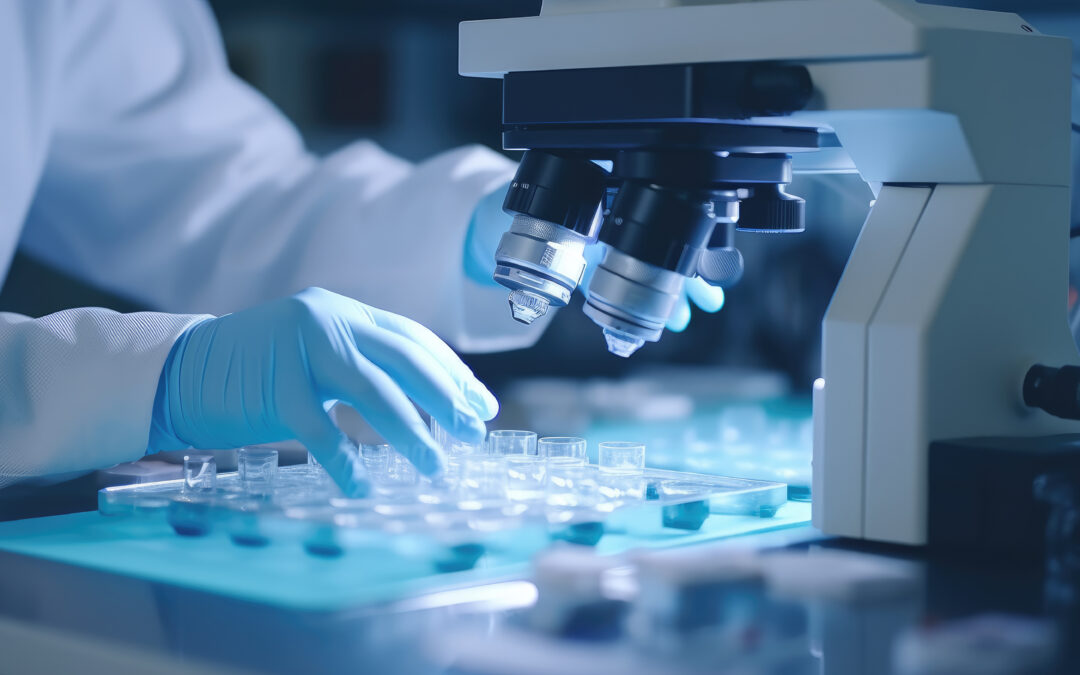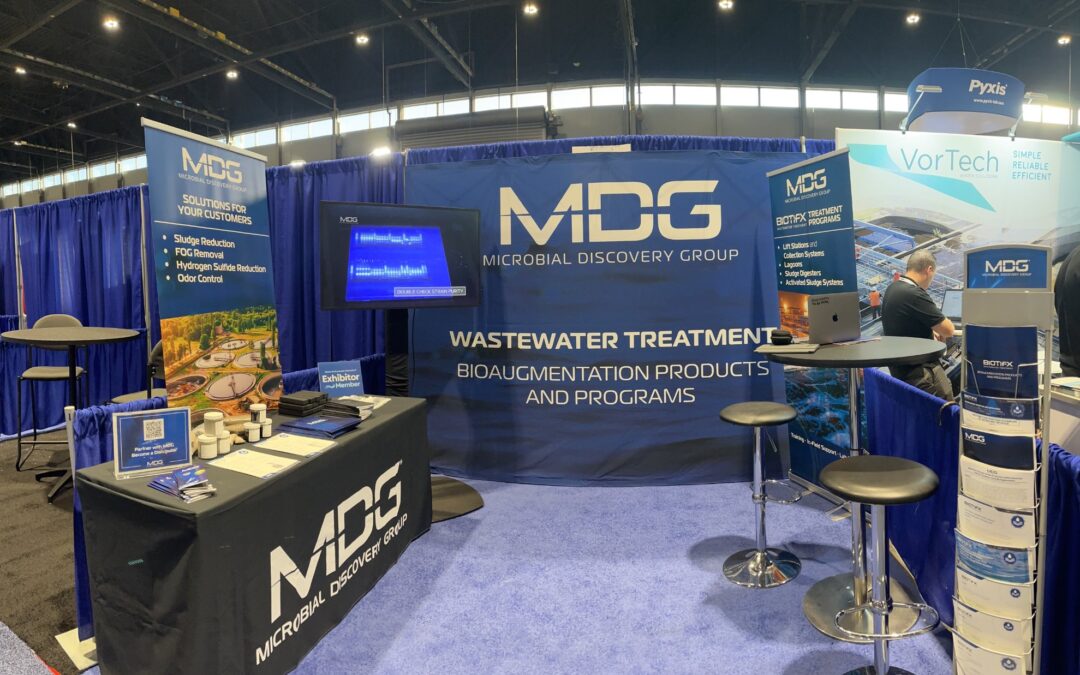As a follow up to the article “The Key Drivers Behind MDG’s Current Expansion,” I’d like to take this opportunity to talk more extensively about the expanding Bacillus market. Previously, I eluded that many of the current market opportunities were due to the increased demand across multiple industries. In particular, the following four main areas are what prompted Microbial Discovery Group’s (MDG) fermentation expansion:
- Antibiotic alternatives
- Human probiotics usage
- Continued Growth in the Biopesticide and Biofertilizer Industries
- Emerging markets
Antibiotic Alternatives
Due to the numerous consequences involved with their usage, recent regulations and consumer pressures have prompted a reduction in antibiotic use on animals. Meat and poultry companies across the globe recognize the consumers’ desire for safe products that feed themselves and their families. This has resulted in the industry taking a hard look into environmentally friendly methods that improve gut health, as well as improve feed conversion. Acidifiers, yeast feed additives, Lactobacillus and Bacillus have all benefited greatly from the reduction of antibiotic usage. Domestically, the poultry industry has lead the charge on antibiotic reductions and have put pressure on the swine, dairy and beef markets to follow suit. With the popularity of antibiotic alternatives in animal feed on the rise, we have seen a rapid increase in demand for Bacillus toll manufacturing.
Human Bacillus Probiotic Usage
The human probiotic industry has been working on replacing Lactobacillus with Bacillus due to its poor distribution stability, noting the increased stability of Bacillus spores. Spores not only provide stability during distribution, but allow a much lower overage required to meet production and customer specifications. The spores can also withstand harsher processing conditions. As the scientific community continues to discover the human probiotic effects of Bacillus, demand for Bacillus production capabilities will continue to grow. With our new custom fermentation capabilities here at MDG, we are ready to take on this demand.
Continued Growth in the Biopesticide and Biofertilizer Industries
The plant biopesticide industry has long known of the bactericidal, fungicidal and nematicidal activities of certain Bacillus strains. In fact, the EPA established the Biopesticides and Pollution Prevention Division in 1994 to promote the research and implementation of biopesticides as they are less toxic and environmentally hazardous than their conventional pesticide counterpart. In addition, the biofertilizer industry has continued to develop and research has begun to uncover the growth promoting capabilities of Bacillus. This knowledge, combined with consumer pressure to reduce chemical pesticide usage, suggests continued and sustainable growth of the Bacillus biopesticide and biofertilizer markets.
Emerging Markets
The wastewater, bioremediation and landfill markets are also of potential interest for Bacillus usage. While Bacillus have been marketed to the industries for decades, the concept of bioaugmentation has struggled to gain acceptance in the engineering communities. However, the need for solutions in land locked and cost conscience communities has prompted a meeting of minds between the engineering and bioaugmentation groups. Further, as Bacillus scientific evidence continues to grow in animal, human and biopesticide/biofertilizer markets, a change in attitude in the scientific community occurs. This has led to a more open collaboration, creating a better understanding of the variables surrounding Bacillus success rates. As a result, the wastewater, bioremediation and landfill markets represent a wild card opportunity of emerging Bacillus growth.
The capabilities of Bacillus continue to amaze as the industries in which they can serve continue to grow. With the increase in popularity and demand, MDG felt expansion of our current fermentation capabilities was not only warranted but required to better serve our customers. Currently, MDG is servicing a variety of markets in working towards more environmentally friendly solutions.









